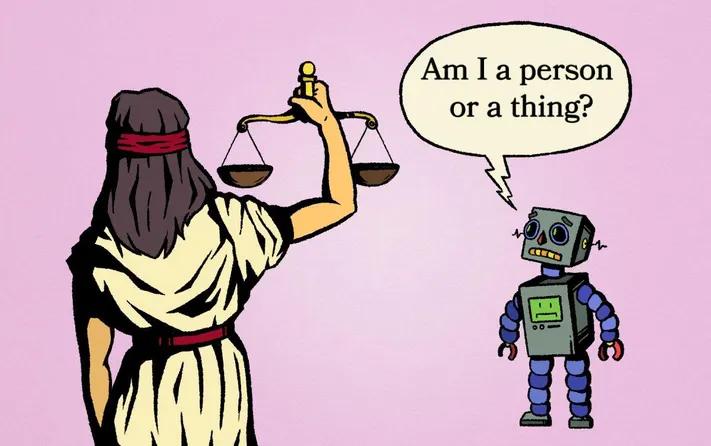Granting AI moral status would imply that AI is treated as an entity with rights and ethical considerations, much like humans and animals. This would require AI to have consciousness, self-awareness, and the ability to experience emotions, which it currently does not possess.
-
The debate about whether AI should be granted moral status is gaining traction as AI becomes more advanced.
-
Current AI lacks the emotional depth to justify moral status, but advances like emotional recognition are a step towards future possibilities.
-
Philosophical theories such as Sentience Theory and Personhood Theory help define what qualifies for moral status, focusing on feelings and self-awareness.
-
In the future, AI may gain moral status, especially if Artificial General Intelligence (AGI) develops, potentially creating robots that can experience pain and emotions.








